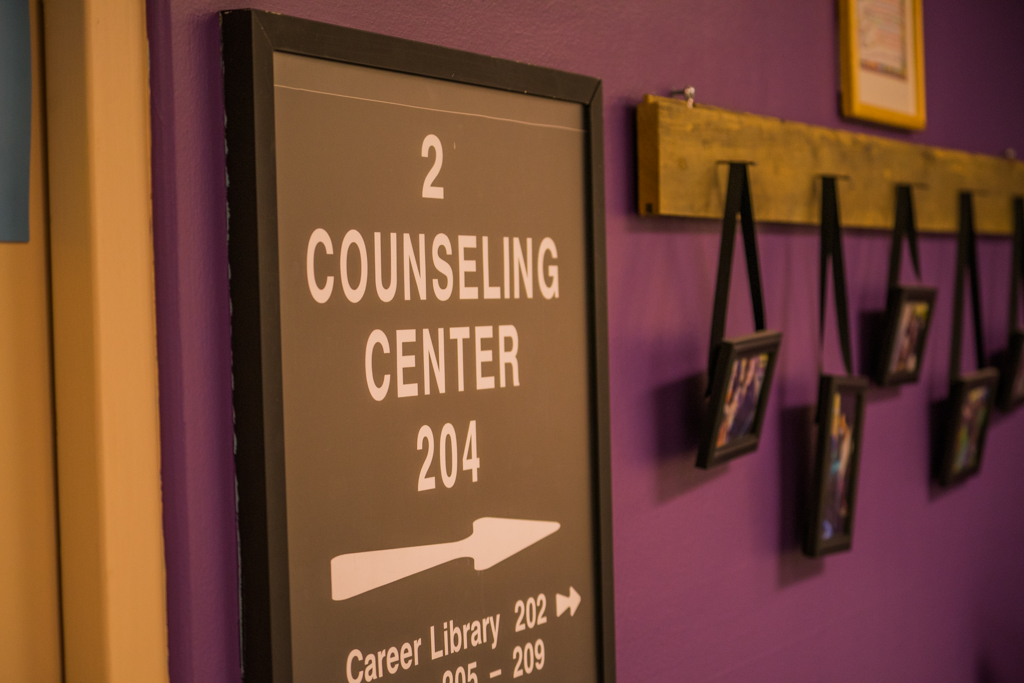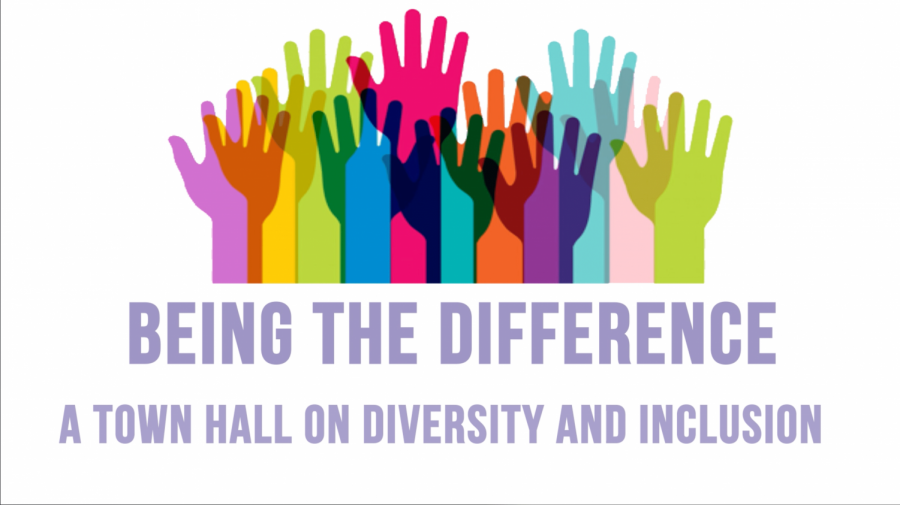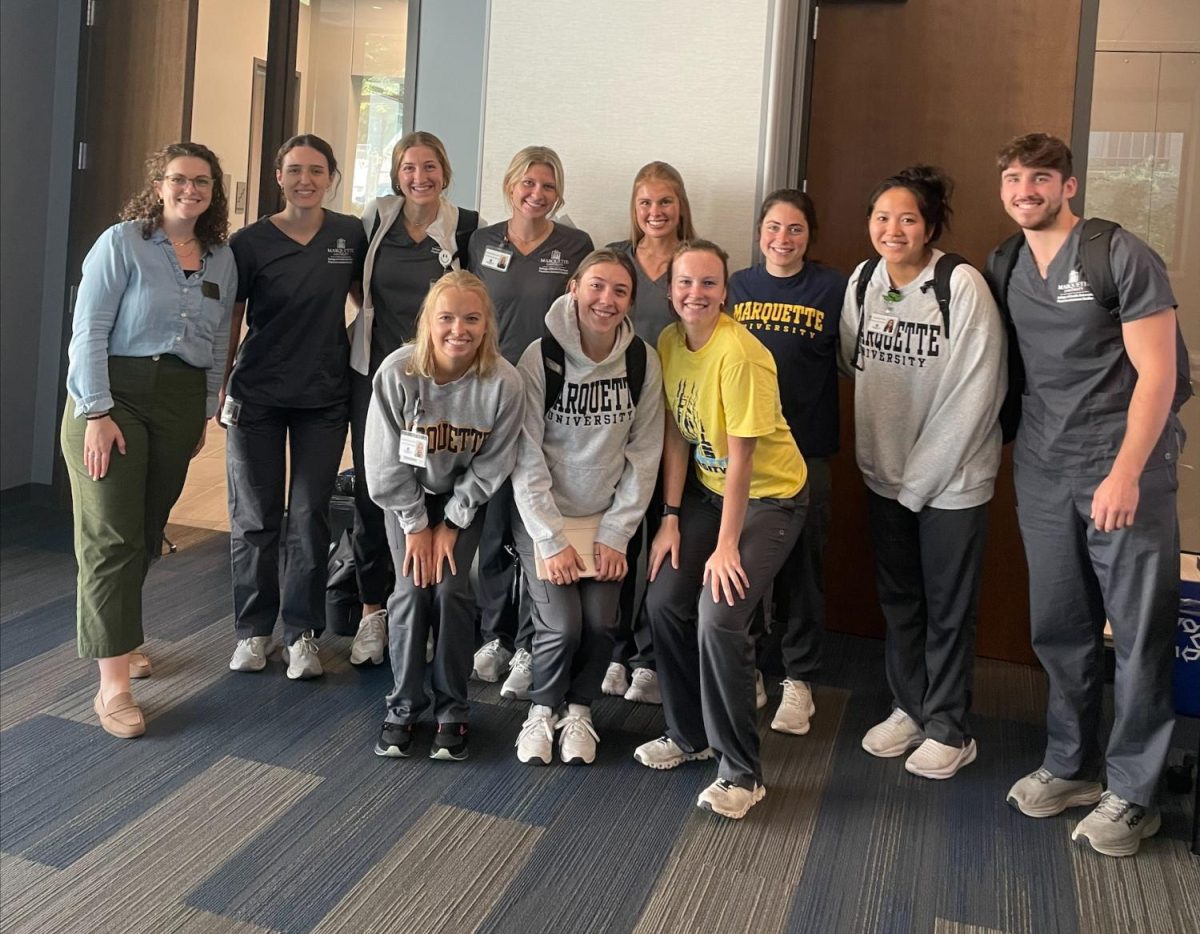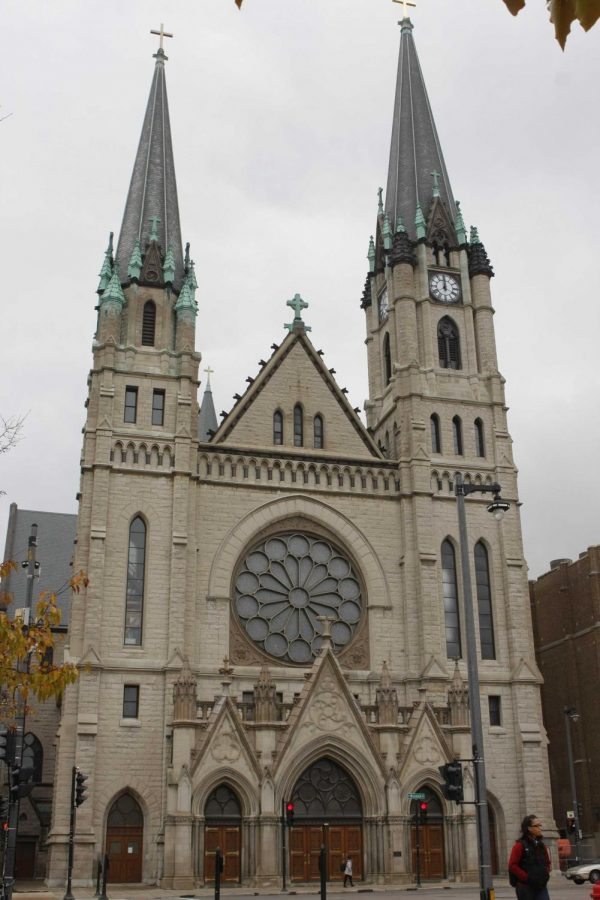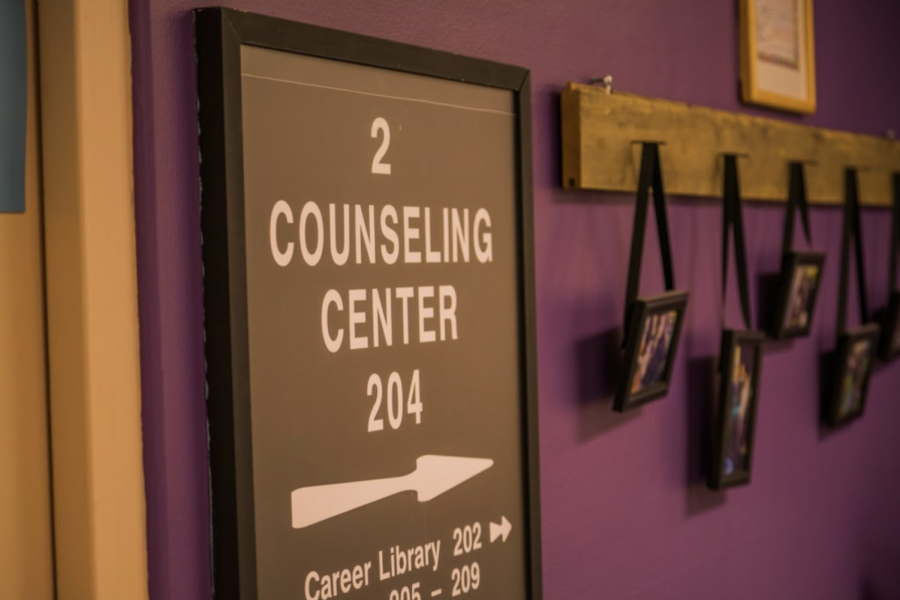With Marquette University being a predominantly white institution, it is imperative that it improves resources beyond creating safe spaces for Black students on campus.
In the United States, many Black, Indigenous People of Color deal with racial trauma, which refers to the mental and emotional injury caused by encounters with racial bias, ethnic discrimination, racism and hate crimes. According to Mental Health America, any individual that has experienced an emotionally painful, sudden and uncontrollable racist encounter is at risk of suffering from a race-based traumatic stress injury.
Individuals suffering from symptoms of racial trauma can experience similar symptoms to those who dealing with post-traumatic stress disorder. These can include depression, low self-esteem, anger, recurring thoughts of the trauma and even mentally distancing from traumatic events. BIPOC can also experience physical reactions, such as headaches, chest pains, insomnia and hypervigilance, or a state of increased awareness.
According to the American Psychology Association, racial trauma is not something that can be resolved through time, but rather through psychological treatment. Because many therapists ignore clients’ racial wounds, there is an urgent need to address these issues in treatment. We should not be forced to deal with our racial trauma on our own, as this can also reinforce the cycle of pain we are already enduring.
Experiencing racial trauma is present on Marquette’s campus.
Black students are constantly faced with microaggressions, blatant racism and discrimination to where it is physically and mentally exhausting to attend this school. Microaggressions in the classroom can include singling out students based on their ethnic background or even complimenting non-white students on how well their English is.
This kind of stress is enough to break anyone. These feelings can be difficult to manage, especially when there are few resources on Marquette’s campus that offer the kind of support necessary for combating this issue. Ideally, the Counseling Center would be the place to go for students on campus, but its lack of diversity makes this difficult.
It is apparent when initially looking at the Counseling Center’s staff list that none of the counselors look like me. The majority of the staff are white women, and while they may be able to help me short term, support feels different when it is coming from someone who can empathize from a place of personal understanding. The underrepresentation of Black counselors may, unfortunately, signify to Black students that the university does not care about our needs as Black students.
While the university’s recent announcement of hiring a Black counselor is a positive step to support Black students, it must also work to take more proactive steps to preventing racial trauma and discrimination on campus. There would be less of a need for Black resources — like hiring a Black counselor and creating more spaces for Black students — if Black people felt more comfortable out in the open. But unfortunately, we do not, and no amount of Black spaces can fix that issue.
There must be elimination of racism and racial trauma, and this requires interventions at all levels from individuals, institutions and systems.
As a community, Marquette needs to take the initial lack of representation in the Counseling Center and the uncomfortable presence of Black students more seriously and work towards finding effective solutions to the problem, such as changing curriculum or adding trainings for students, faculty and staff. It is also important for practitioners to understand how racial trauma impacts their clients and use that as a lens for trauma-informed practice, and it is also crucial to implement policy changes that work towards ending structural racism in our communities.
Marquette has recently approved a list of demands that were presented by Marquette’s Black Student Council. To be the most effective, the university must take preventative measures to addressing racism on campus, so that the idea of “Black spaces” won’t be necessary in the future.
This story was written by Hope Moses. She can be reached at [email protected].


